You’ve been on a diet for a couple of months, and you’ve seen significant changes in body weight. But, you’re having problems focusing on your work, and you usually run out of energy before the day ends. What’s the problem? It only means that you’re not getting enough nutrients in your body. Nutrition tests are made to help you figure out the vitamins and minerals that your body is lacking.
A simple nutritional blood test will tell you exactly what vitamins and minerals your body needs and what is lacking. If the test indicates you lack several nutritional elements, it could be a sign of a poor diet.
Aside from blood tests, how can you say that you have an improper diet?

- You’re Hungry All the Time
A good and healthy diet is not about skipping meals. It’s all about balance, which means getting all the nutrients you need without overindulging.
A healthy diet should keep you feeling somewhat full most of the time. If you are going through your days always hungry, it’s just your body’s way of saying that you lack certain nutrients. It is a biochemical response that you are not giving what your body needs.
You need a specific amount of calories to function properly. Instead of skipping meals, eat fruits and vegetables and keep your tummy full.

- Mood Swings
Mood swings could be a sign of an incomplete diet. A typical response to reducing your calorie and carbohydrates intake is irritation because, many times the feeling of craving. Carbohydrates can also help produce serotonin or the “happy” chemical in your brain to counter your mood swings. According to Isabel Smith, MS, RD, CDN, your blood sugar goes down, which also contributes to mood swings.
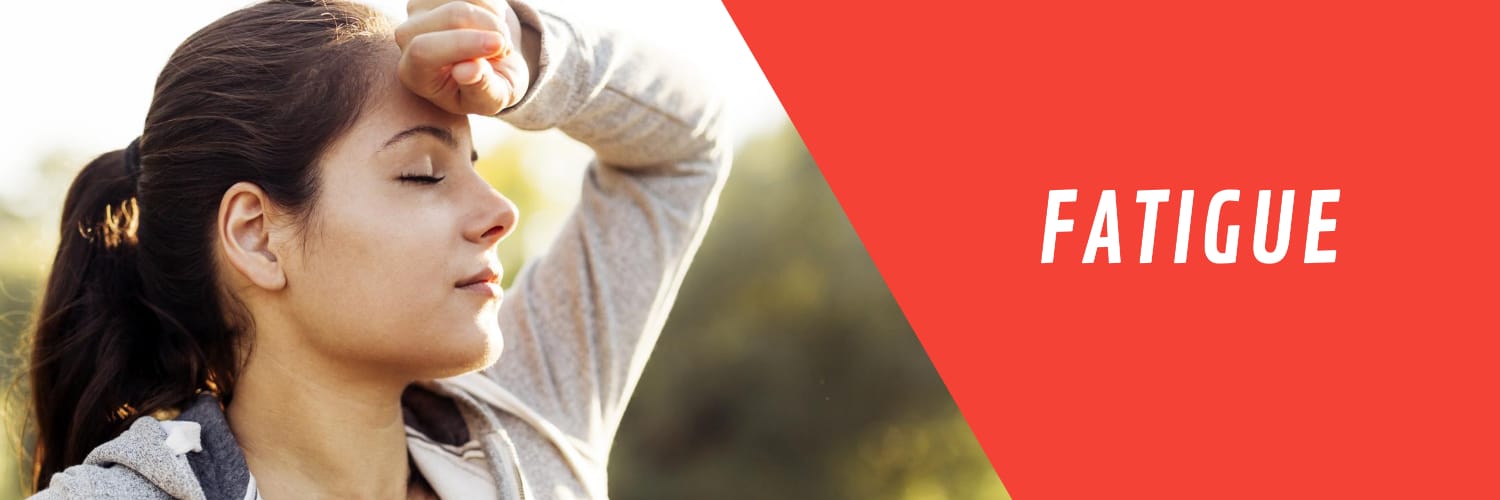
- Fatigue
Eating helps replenish our energy throughout the day. When you eat breakfast, you are providing your body with enough energy until lunchtime. Just imagine when you are skipping meals, you might have insufficient energy, which will lead to fatigue.
Waking up tired could mean you are not getting enough healthy fats, complex carbs, and proteins to function the whole day.

- Forgetfulness
Just like mood swings, you won’t notice that you are starting to forget things constantly. We are not talking about signs of Alzheimer’s or memory loss in general, just a normal day-to-day occurrence like forgetting your car keys inside your house or forgetting to turn off the air conditioning unit when you go out of your room.
However, constantly forgetting things can be a sign that something is wrong with your diet. The most common side effect of improper weight loss diets is forgetfulness. This is often a sign of a lack of omega 3 fats that help in your cognitive development. Adding more foods with DHA to your diet like fish oil, wild salmon, walnuts could help rebalance your diet.
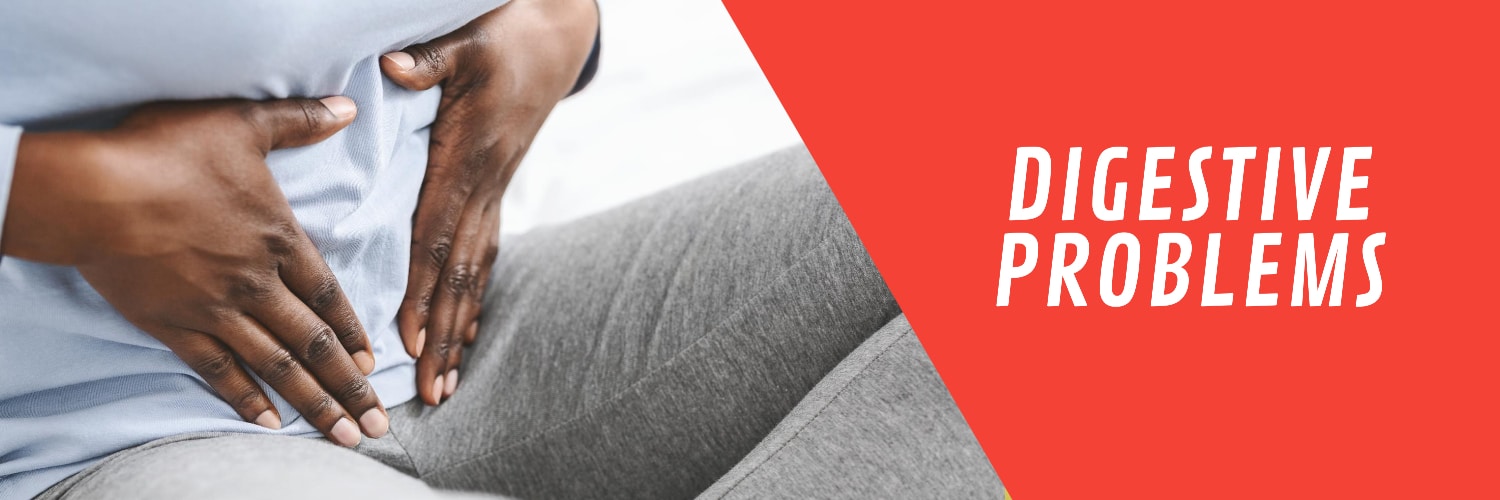
- Digestive Problems
Digestive problems are usually caused by low dietary intake of fiber or soluble fiber. Whether you are dealing with constipation or diarrhea, it is commonly related to insufficient fiber intake.
Soluble fiber can delay the gastric emptying of your stomach and increase the feeling of satiety, promotes healthy stool, and improves the absorption of nutrients on your small intestine.
The recommended fiber intake for men is 38 grams per day and 25 grams for women. If you have digestive issues, add more fiber to your diet. You can add oats and brown rice along with seeds, nuts, and fresh produce.
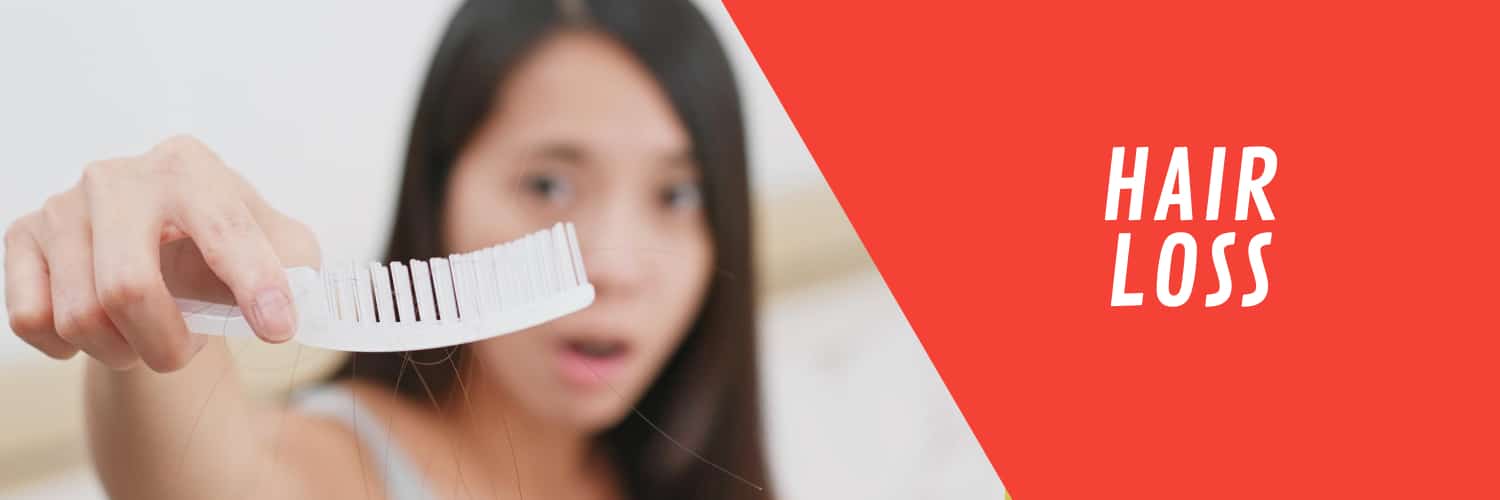
- Hair Loss
Have you noticed that you’ve been losing a lot of hair lately? Some people will easily associate this with stress, but the truth is that you are only dealing with a bad diet. This type of issue usually happens when you are skipping meals or starving yourself.
Studies suggest that brittle hair or hair loss is caused by insufficient protein intake, essential fatty acids, Vitamin C, iron, and zinc.
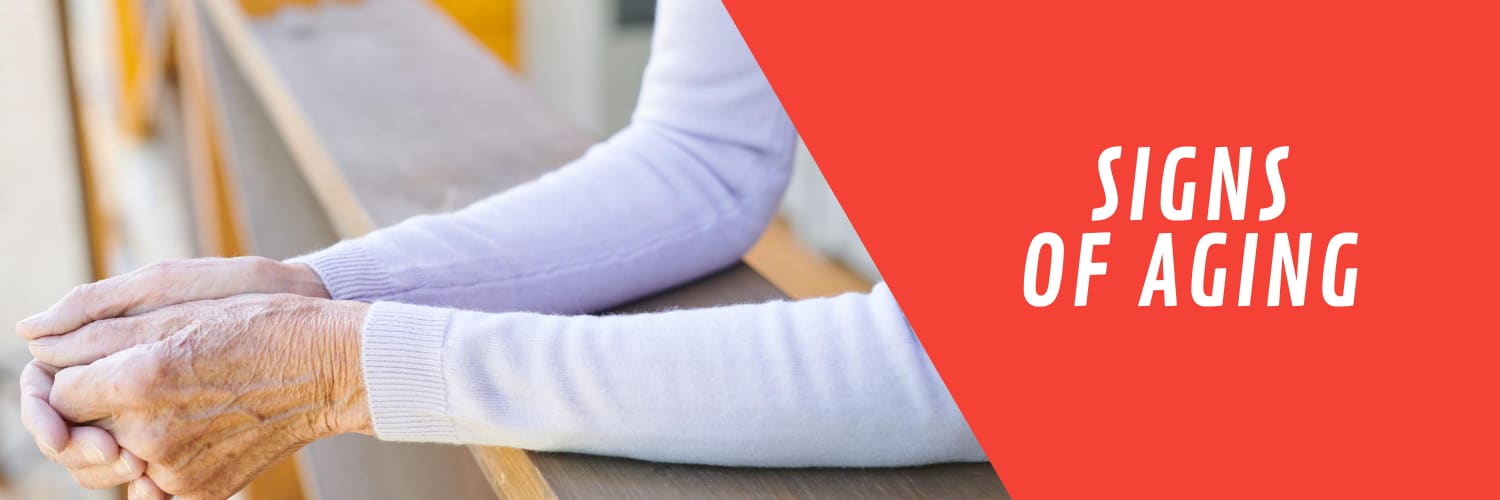
- Signs of Aging
Aging is inevitable, and no matter what you do, it is impossible to prevent it. But, with a proper diet, you can slow the signs of aging.
If you noticed that you are suddenly having more breakouts than normal and your skin is starting to become soggy, the simplest explanation could be your diet?
Your current diet may lack Vitamins A, C, D, and E, or you don’t get enough antioxidants on your system like tocopherols, carotenoids, and flavonoids. You can do nutrition blood tests to see if you are missing some essential vitamins and minerals.
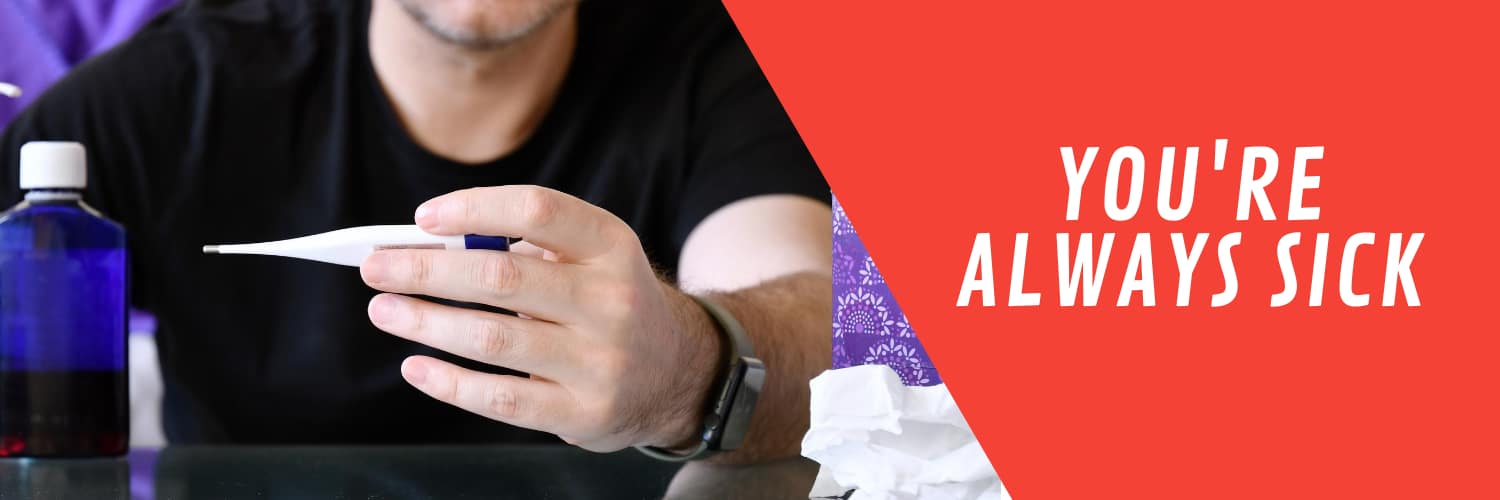
- You’re Always Sick
Poor nutrition or having a bad diet can definitely compromise your immune system. This is one of the most severe signs that you lack certain vitamins and minerals in your body. It means that you don’t have enough antibodies to fight illness and infection.
You need Vitamin C, but to handle a compromised immune system, you also need to include Vitamins A and E along with selenium, iron, folic acid, and zinc. These vitamins and minerals are all needed to improve your immunity to illnesses.
Dealing with a Bad Diet
Skipping meals or starvation is never the right way to lose weight or to live healthily. By starving your body, you are also robbing it of all the important nutrients that it needs to keep all your body functions working properly.
A good diet starts by ensuring that you have all the necessary vitamins and minerals in your system. Please don’t take it for granted, and a great way to start your journey is a simple, low-cost nutritional test to find out what is really going on.